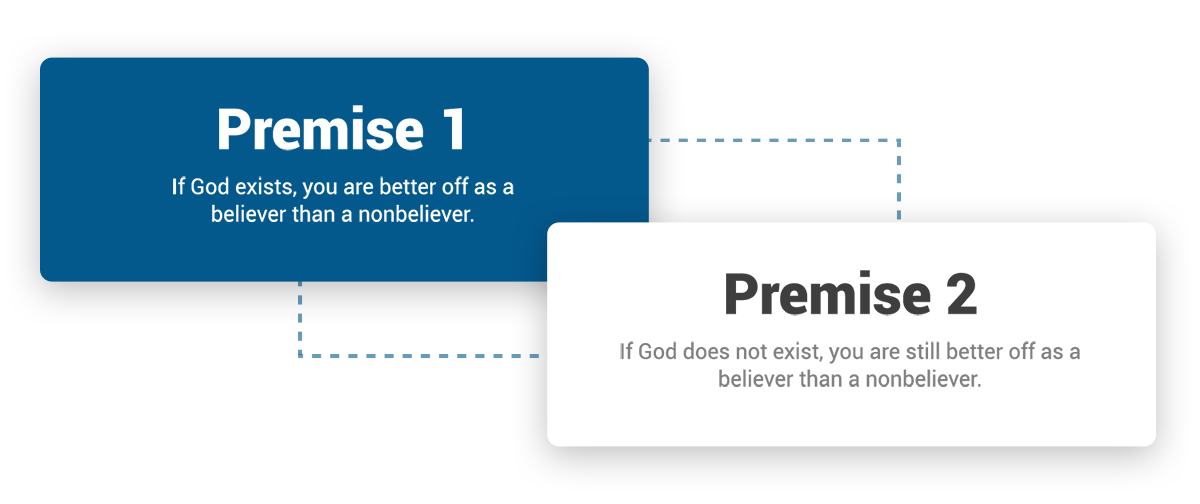WHY ARE CHRISTIANS HYPOCRITES AND
JUDGMENTAL?
WHY ARE CHRISTIANS HYPOCRITES AND
JUDGMENTAL?
Let’s Explore The Answer
Let’s Explore The Answer
Christians don’t always earn the best reputation. They’ve been described as judgmental, hypocritical, old-fashioned, too political, boring, and insensitive (The Rise of the Nones, 2014). They might be described as hypocritical or judgmental when portrayed in ways that go against Christianity’s central tenet of love. But are these perceptions accurate and fair? Skeptics, atheists, and believers view this issue differently.
Living On The Edge
Learn More About God
Sign up to gain immediate access to free sermon MP3s, devotionals, blog content, and more.


What The Bible Says
Followers of Jesus today can acknowledge and agree with many of the observations of skeptics and atheists. It’s sad to see public figures connected with the Christian faith pursue power over caring for their community. But, on the other hand, it’s also important to remember a few things.
First, every family tree has some bad fruit. In the same way, you probably have an uncle, aunt, or cousin you’d prefer not to represent your family, there are plenty of public figures who followers of Jesus wish they weren’t identified with.
Second, it’s important to not judge all Christians by what’s shown in the media. This idea applies to every professional career. We don’t say all doctors, lawyers, coaches, and salesmen are bad based on the sad stories of a select few.
Third, it all comes back to Jesus. There was just something about Jesus that drew the empowered and impoverished. He offered wholeness and healing to those with the greatest needs. He began a revolution of service that has defined the church since the beginning. The selfless example of believers in the Bible led many to believe in Jesus. Followers of Jesus are definitely imperfect, but continue to show God’s great love by beginning hospitals, homeless shelters, and recovery centers.
Those who yell the loudest online do not exemplify what’s so special about Jesus or great about God’s love. Before writing off all Christians as judgmental hypocrites, consider getting to know a person of true faith so you can find out what it really means to become a follower of Jesus.
What would happen if you embraced the possibility that the God of the Bible really did create the world and really does care for you?
Pascal’s Wager

In the seventeenth century, a famous philosopher and mathematician, Blaise Pascal, encouraged people to make a wager when it came to belief in God. If a person chose to believe in God and God did exist, that person would gain everything (eternal life). If a person chose to believe in God and God did not exist, that person would lose nothing. On the other hand, if a person chose not to believe in God and he was right, he would lose nothing. But if that person did not believe in God and he was wrong- he would lose everything (lose eternal life).
This wager can be said another way:

Based on this logic, Pascal suggested the rational person would choose to believe in God as believing offers a person everything (eternal life) while losing nothing. Wherever you are in your faith journey, would you consider taking Pascal’s wager? If the good God of the Bible exists, you have nothing to lose and everything to gain by believing in Him today.
We’d Like to Provide More Resources to Help You Learn About God
To stay in touch with weekly resources from our team, fill out your information below.
